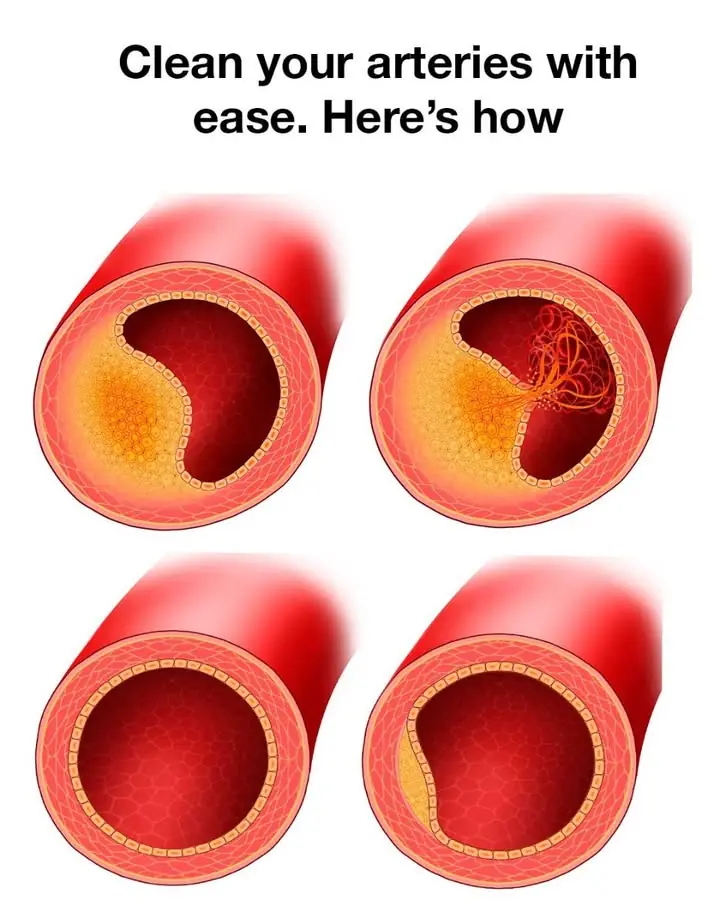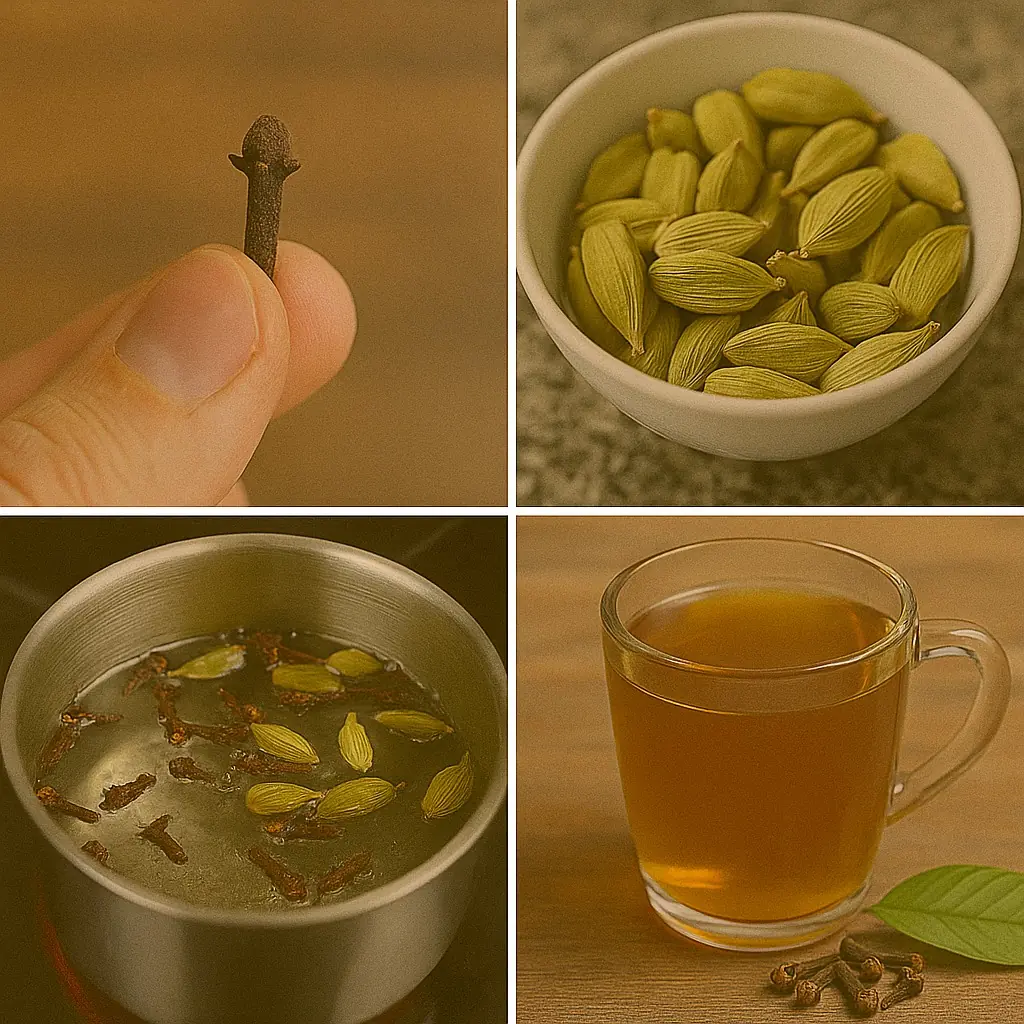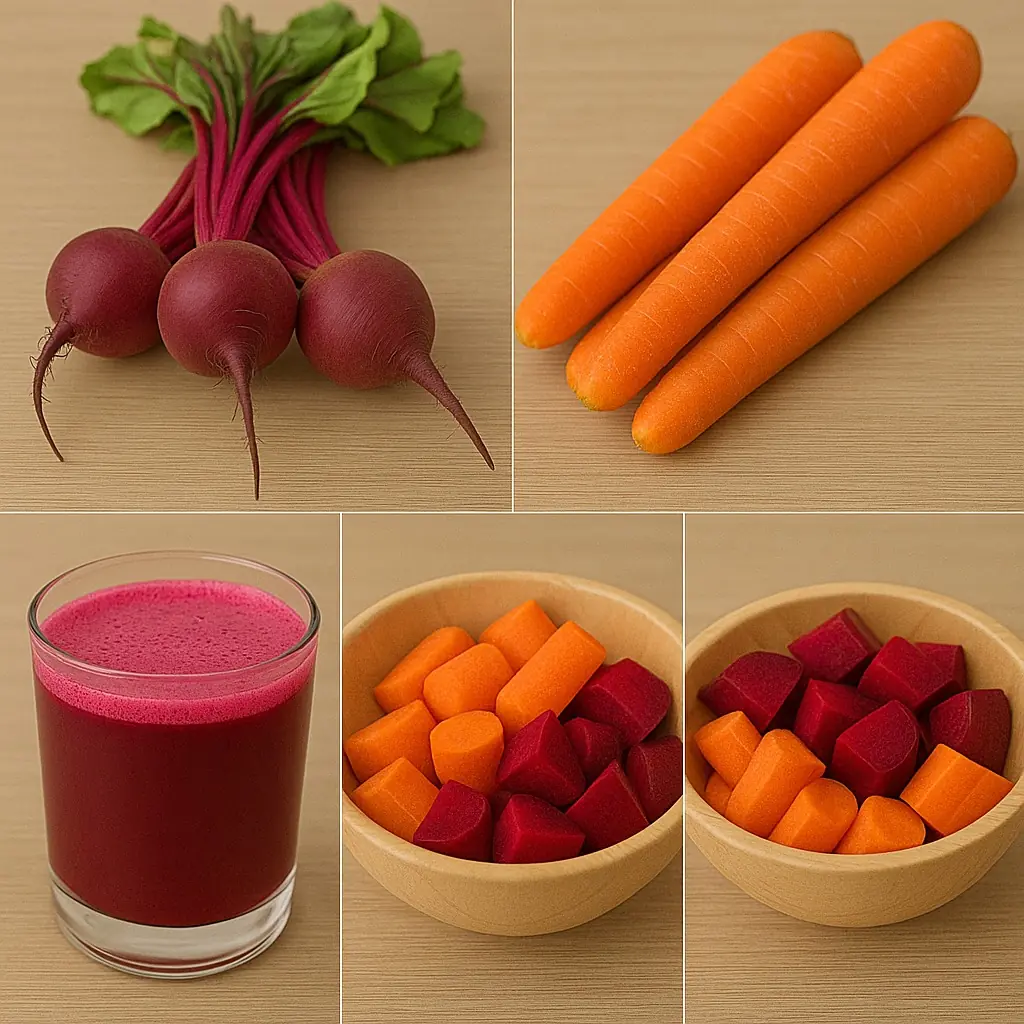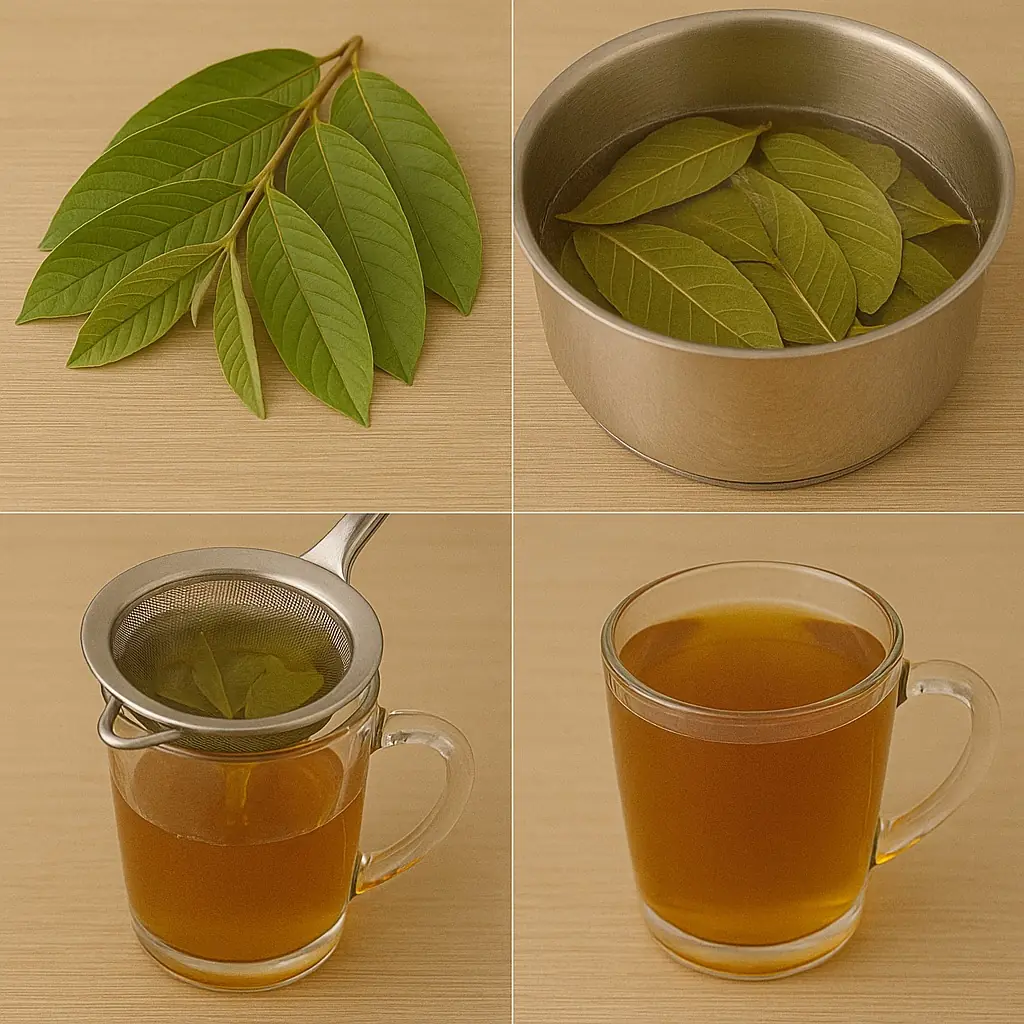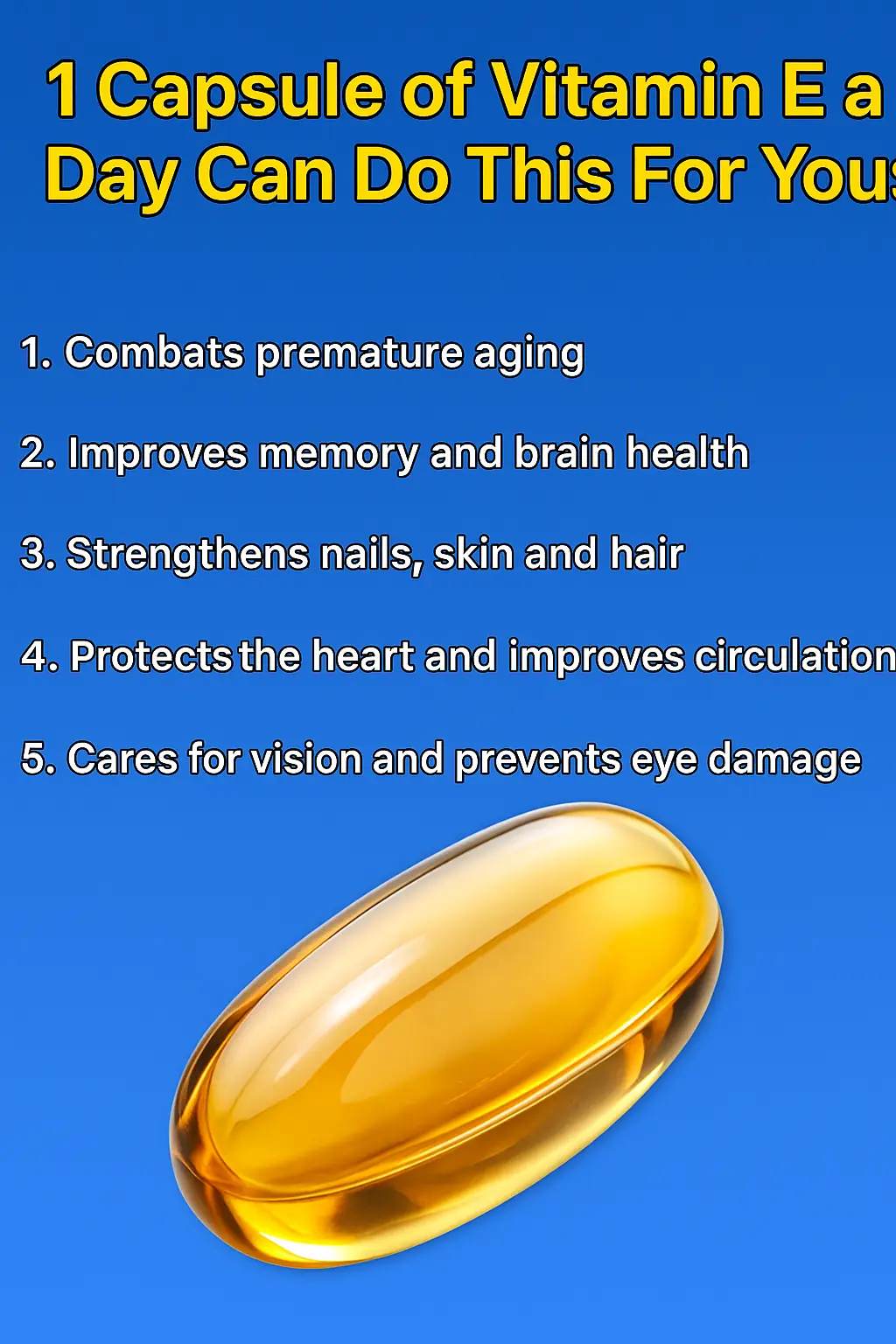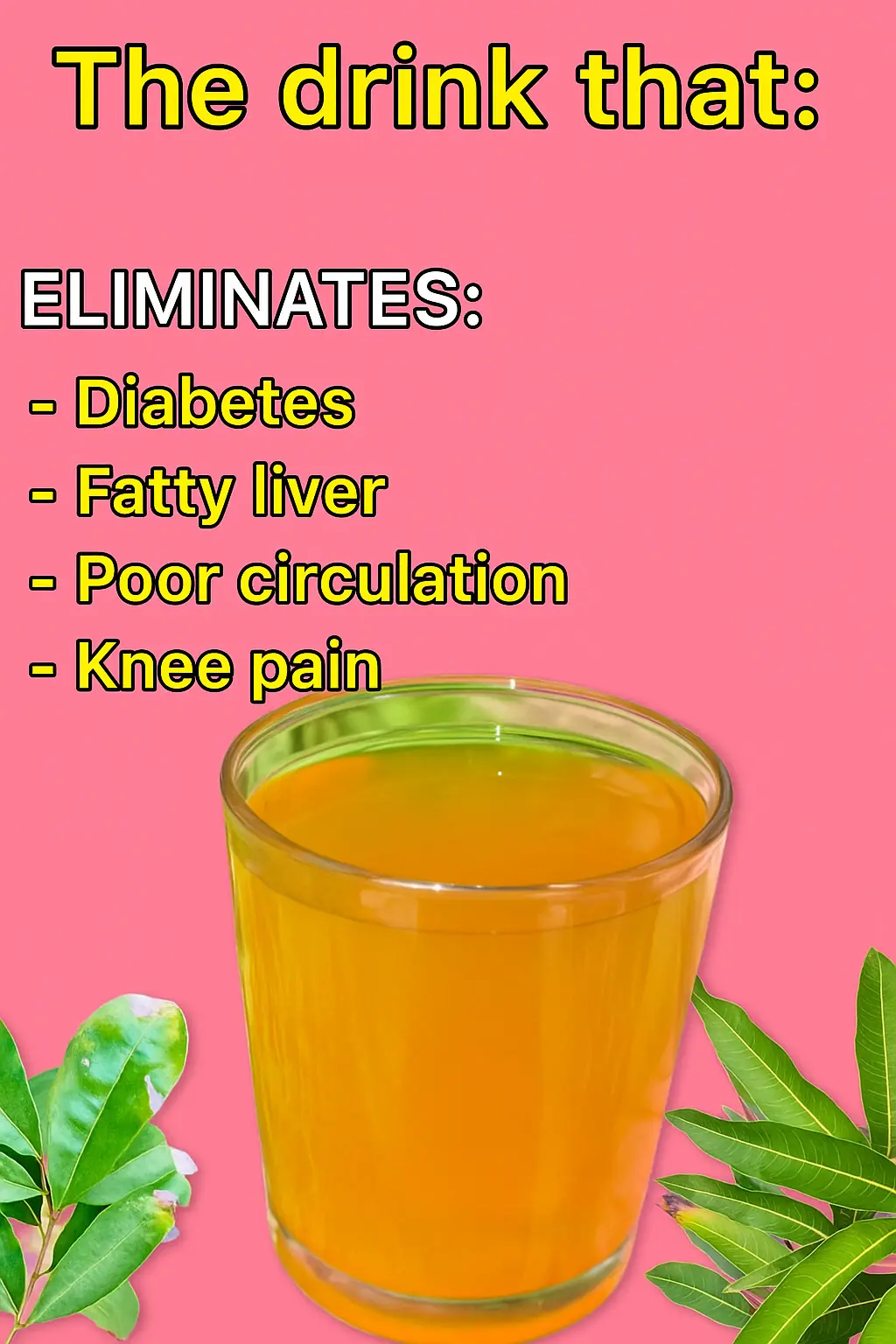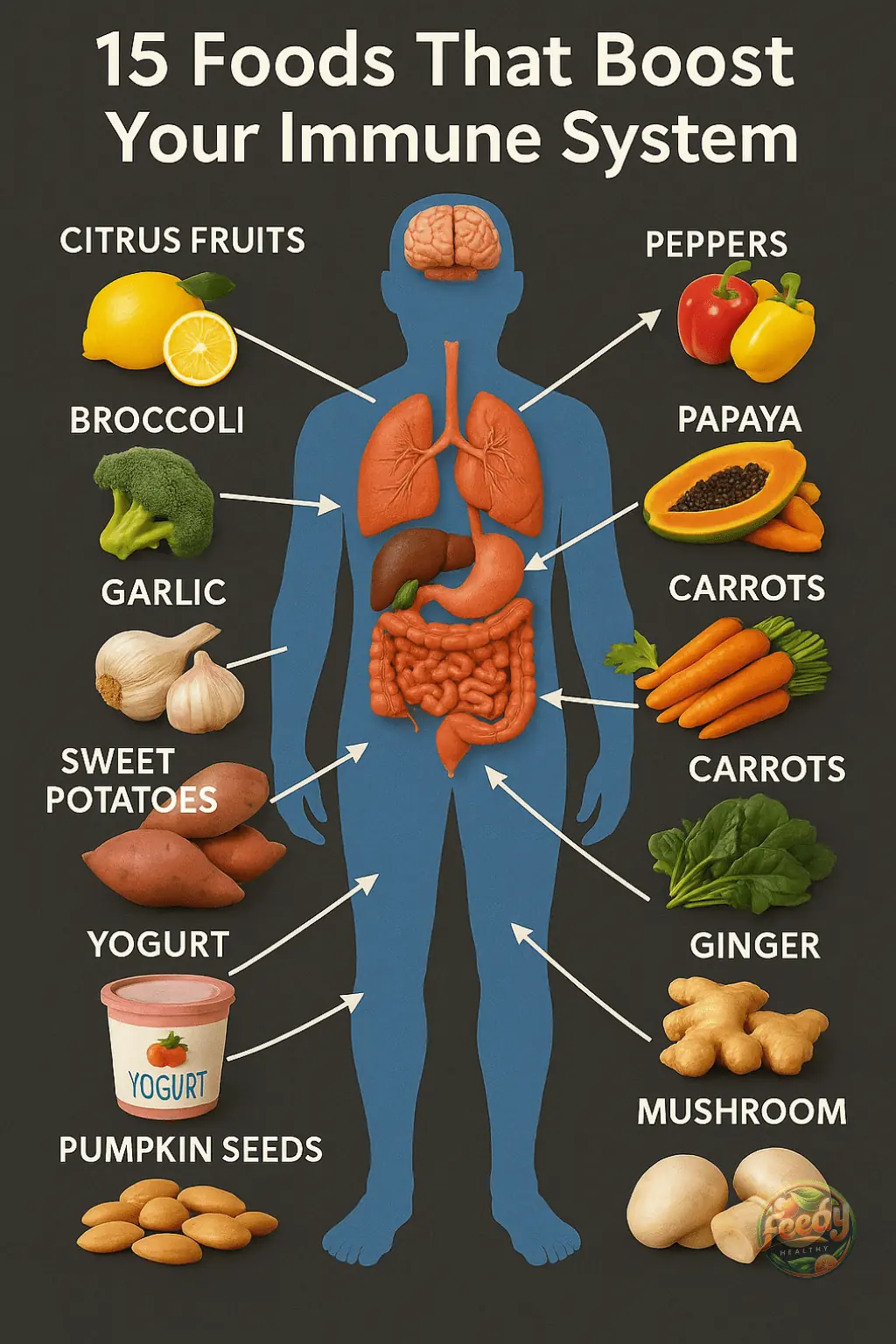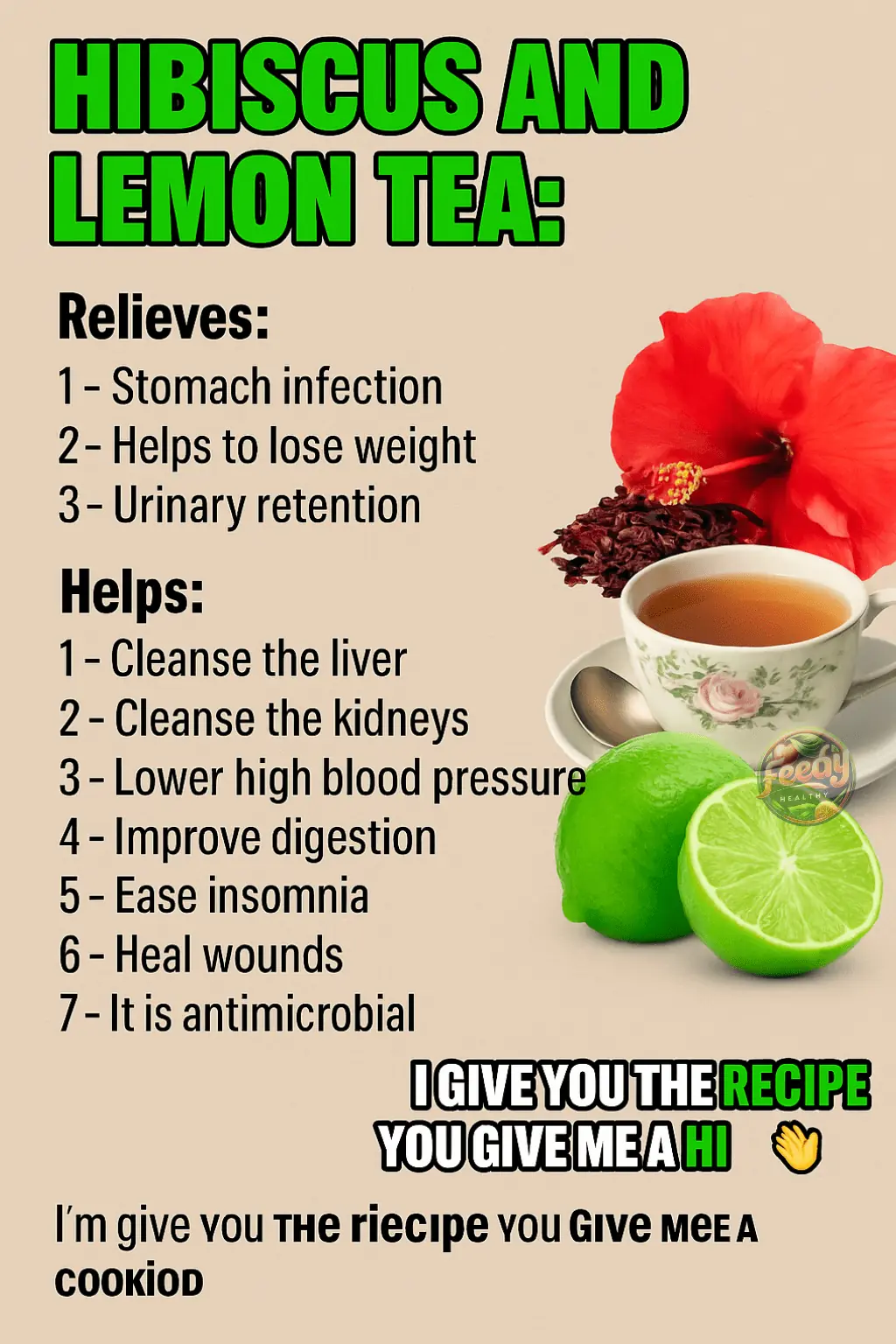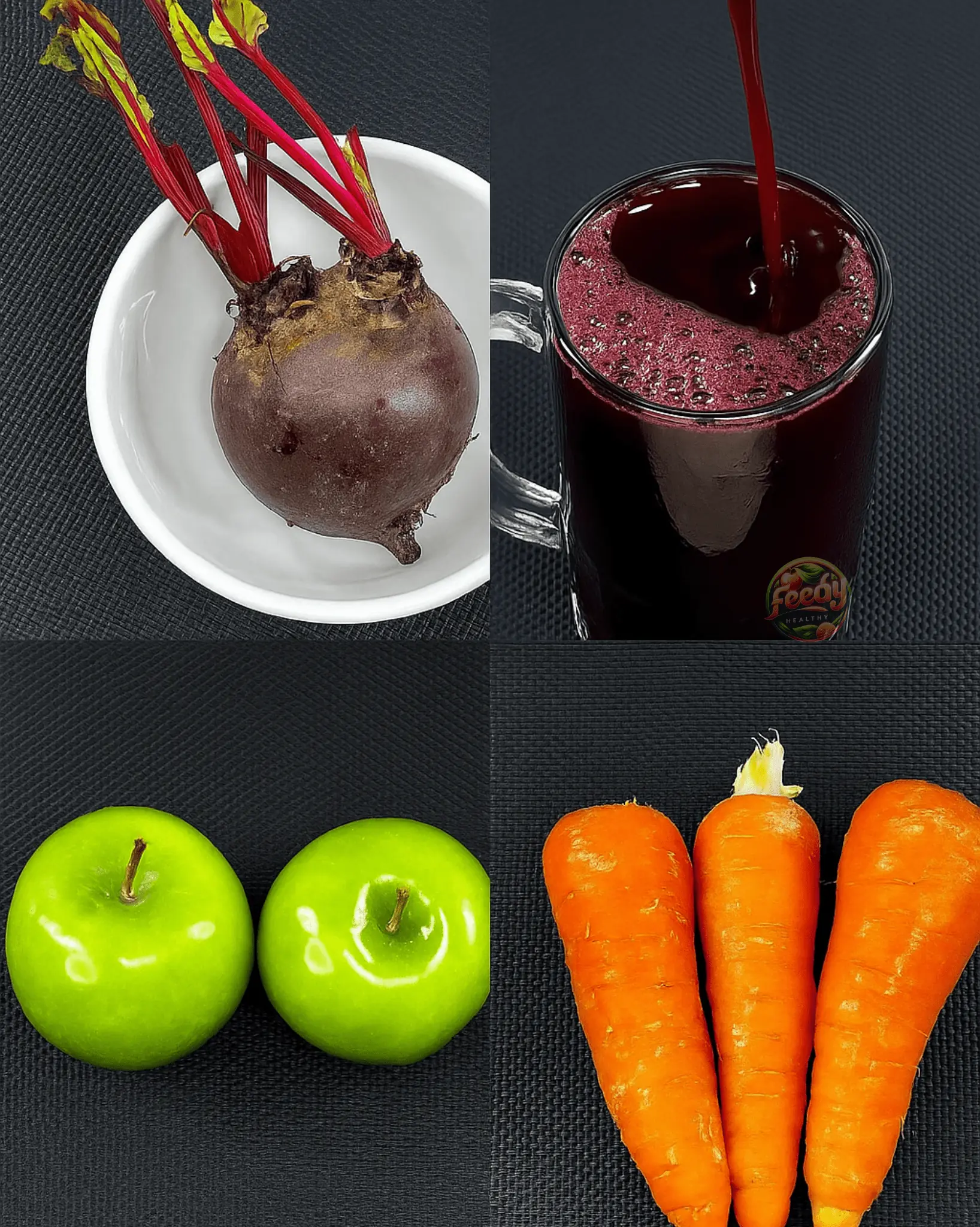Heart health is a critical component of overall wellness, as cardiovascular disease remains one of the leading causes of death worldwide. Arteries are the blood vessels that carry oxygen-rich blood from the heart to the rest of the body, and keeping them clear of plaque buildup is essential for maintaining healthy circulation. Plaque, a combination of fat, cholesterol, and other substances, can narrow or block arteries, leading to heart attacks or strokes. Therefore, adopting a lifestyle that includes regular exercise and a diet rich in heart-healthy foods is vital for arterial cleansing and heart protection.
A heart-healthy diet is one that emphasizes the consumption of foods that support cardiovascular function and reduce the risk of arterial plaque buildup. Such a diet is typically low in saturated fats, trans fats, and cholesterol, while being rich in fruits, vegetables, whole grains, lean proteins, and healthy fats. These foods provide essential nutrients and compounds that help lower blood pressure, reduce inflammation, and improve cholesterol levels, all of which contribute to better heart health.
How Certain Foods Contribute to Arterial Health
Certain foods have specific properties that can help maintain or improve arterial health. These foods often contain antioxidants, fiber, healthy fats, and other beneficial compounds that work together to reduce inflammation, lower bad cholesterol (LDL), and increase good cholesterol (HDL). By incorporating these foods into your diet, you can support your body's natural processes for keeping arteries clear and functioning optimally.
Avocados: The Heart-Healthy Fat
Avocados are rich in monounsaturated fats, which are known to help lower bad cholesterol levels and reduce the risk of heart disease. They also contain potassium, a mineral that helps regulate blood pressure. Additionally, avocados are high in fiber, which can further support heart health by improving cholesterol levels and promoting a feeling of fullness that can aid in weight management.
Berries: Antioxidant Powerhouses
Berries, such as blueberries, strawberries, and raspberries, are packed with antioxidants like anthocyanins, which help reduce inflammation and oxidative stress. These antioxidants can improve arterial function by preventing the oxidation of LDL cholesterol, a key step in the formation of arterial plaque. Regular consumption of berries has been linked to lower blood pressure and improved heart health.
Fatty Fish: Omega-3 Rich Choices
Fatty fish, including salmon, mackerel, and sardines, are excellent sources of omega-3 fatty acids. These essential fats help reduce inflammation, lower triglyceride levels, and decrease the risk of arrhythmias. Omega-3s also promote the production of nitric oxide, which helps relax blood vessels and improve circulation, contributing to better arterial health.
Nuts: A Crunchy Source of Healthy Fats
Nuts, such as almonds, walnuts, and pistachios, provide a good source of unsaturated fats, fiber, and plant sterols, which can help lower cholesterol levels. They also contain L-arginine, an amino acid that supports the production of nitric oxide, improving blood vessel function. Regular consumption of nuts has been associated with a reduced risk of heart disease.
Olive Oil: The Mediterranean Elixir
Olive oil, particularly extra virgin olive oil, is a staple of the heart-healthy Mediterranean diet. It is rich in monounsaturated fats and polyphenols, which have anti-inflammatory and antioxidant properties. These compounds help protect the arteries by reducing oxidative stress and improving cholesterol levels, making olive oil an excellent choice for heart health.
Whole Grains: Fiber for Heart Health
Whole grains, such as oats, brown rice, and quinoa, are high in dietary fiber, which can help lower cholesterol levels and improve heart health. Fiber aids in the reduction of LDL cholesterol by binding to it in the digestive system and facilitating its removal from the body. Whole grains also provide essential nutrients like magnesium and B vitamins, which support cardiovascular function.
Leafy Greens: Nutrient-Dense Choices
Leafy greens, including spinach, kale, and Swiss chard, are rich in vitamins, minerals, and antioxidants. They are particularly high in nitrates, which the body converts into nitric oxide, a compound that helps dilate blood vessels and improve blood flow. The high fiber content and low calorie count of leafy greens also make them an excellent choice for maintaining a healthy weight and heart.
Tomatoes: Lycopene for Heart Protection
Tomatoes are a great source of lycopene, an antioxidant that has been shown to reduce LDL cholesterol levels and improve heart health. Lycopene helps protect the arteries by preventing oxidative damage and inflammation. Consuming tomatoes and tomato-based products regularly can contribute to better cardiovascular health and reduced risk of heart disease.
Garlic: Nature's Cholesterol Fighter
Garlic is well-known for its heart health benefits, primarily due to its active compound, allicin. Allicin has been shown to help lower cholesterol levels and blood pressure, both of which are important for maintaining healthy arteries. Garlic also has anti-inflammatory and antioxidant properties, making it a valuable addition to a heart-healthy diet.
Beans and Legumes: Protein and Fiber Combo
Beans and legumes, such as lentils, chickpeas, and black beans, are excellent sources of plant-based protein and dietary fiber. The fiber in these foods helps lower cholesterol levels and improve heart health by promoting a feeling of fullness and aiding in weight management. Beans and legumes also contain antioxidants and other compounds that support cardiovascular function.
Dark Chocolate: A Sweet Antioxidant Boost
Dark chocolate, particularly varieties with a high cocoa content, is rich in flavonoids, which are antioxidants that help improve heart health. These compounds can enhance blood flow, reduce blood pressure, and lower the risk of heart disease by preventing the oxidation of LDL cholesterol. Consuming dark chocolate in moderation can be a delicious way to support arterial health.
Conclusion: Building a Heart-Healthy Diet
Incorporating these 12 foods into your diet can significantly contribute to maintaining healthy arteries and protecting your heart. By focusing on a balanced diet rich in fruits, vegetables, whole grains, lean proteins, and healthy fats, you can support your cardiovascular system and reduce the risk of heart disease. Remember that a heart-healthy lifestyle also includes regular physical activity, stress management, and avoiding smoking. Together, these habits can help you achieve optimal heart health and overall well-being.

